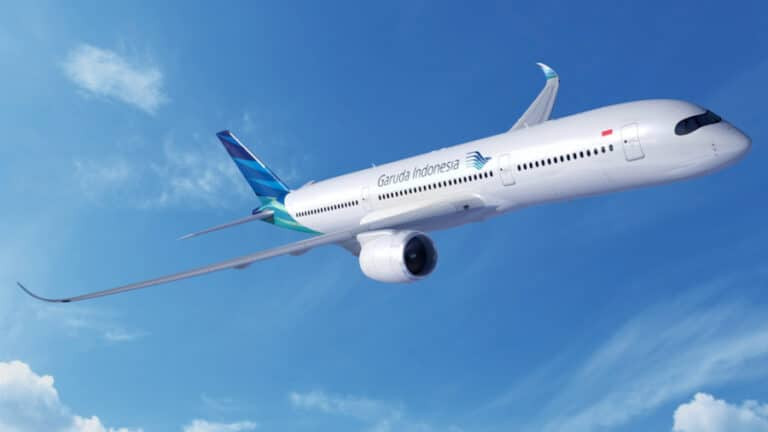The International Air Transport Association (IATA) has reaffirmed its opposition to air cargo regulations issued by Indonesia’s Transportation Ministry.
IATA believes that the regulations especially No 32/2015 will hamper the air cargo sector without the benefit of improved safety.
“IATA supports supply chain security processes where cargo is screened or secured as early as possible in the supply chain. However this requires solid security measures including facility security, screening that is appropriate to the nature of cargo and conducted by trained personnel, and maintaining the sterility of the supply chain i.e. avoiding tampering with secure air cargo” IATA’s regional director for airport, passenger, cargo and security in Asia Pacific, Vinoop Goel tells Air Cargo Week.
“In the case of Indonesia, airlines have expressed concerns that some of these elements may not be in place, at least not in a way which addresses the increased threat environment,” he adds.
Ministerial Regulation No 32/2015 required an additional stage of cargo inspections at international airports. Logistics companies are now required to have their cargoes screened by regulated agents (RAs) in Line 2 (unrestricted) areas before proceeding to move to Line 1 in secure areas.
Concerns have arisen about the time implementation will take as well the risk to cargo’s security in moving to Line 1 from Line 2 especially as most RAs lack screening expertise.
“We urge Indonesia’s DGCA to provide more time for training, auditing and certifying regulated agents, the entities appointed to screen cargo off airport. Indonesia should also issue detailed guidance material. At least, we need the authorities to allow airlines re-screening at the airport if this is the airline’s choice (warranted by its risk assessment) or the requirement of its regulator,” Goel adds.
Also causing concern within the sector is the recently signed Ministerial Regulation No. 74/2015 on freight forwarding and logistics companies. This ups the minimum capital requirement for freight forwarders and logistics companies to 25 billion Indonesia Rupees (Rp) ($1.93 million), sharply up from the current Rp 200 million, and has led to widespread fears of job losses in the industry.
Garuda Indonesia has confirmed its goal for cargo to generate a fifth of all revenues via co-operation with other firms in the form of “joint operation” such as with state-owned post office company PT Pos Indonesia and international companies, the national news agency Antara reports.




